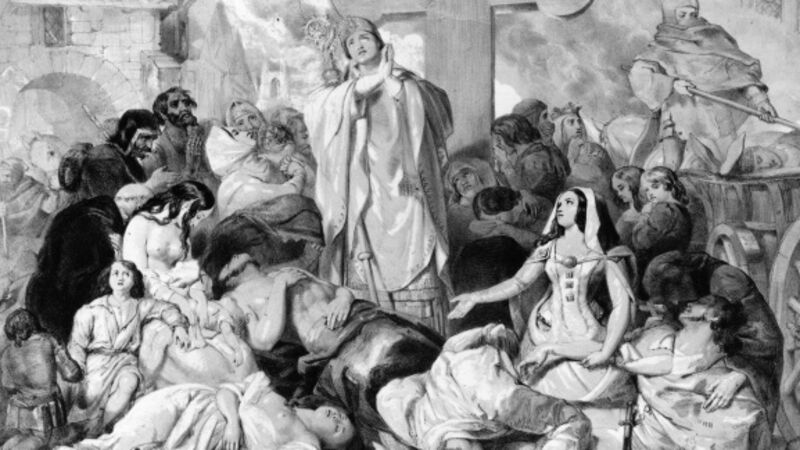Anti-semitism rears its ugly head with depressing regularity

WHEN Alan Shatter lays about him with a will, you would want to be paying attention. He generates contradictions, rebuttals, statements of support, and a wealth of headlines. Vindication by the Appeals Court last week put him on TV and radio programmes for several days with his various accusations fully ventilated and endlessly discussed. Except one, which was ventilated and not discussed at all. That one sank like a stone and nobody touched it.
In the middle of his responses to the Appeals Court verdict, Shatter mentioned he was frequently described as arrogant, and stated this was a trope regularly affecting Jewish people. It was a surprising comment, not least as his fame and personality might have led to the belief that he couldn’t be affected by such a comment. Clearly, that belief would be ill-founded. It reached him, big time.

















